The SIREN Podcast
Welcome to the official podcast channel of the Social Interventions Research and Evaluation Network (SIREN) at the University of California, San Francisco.
The next four years of social care research and policy
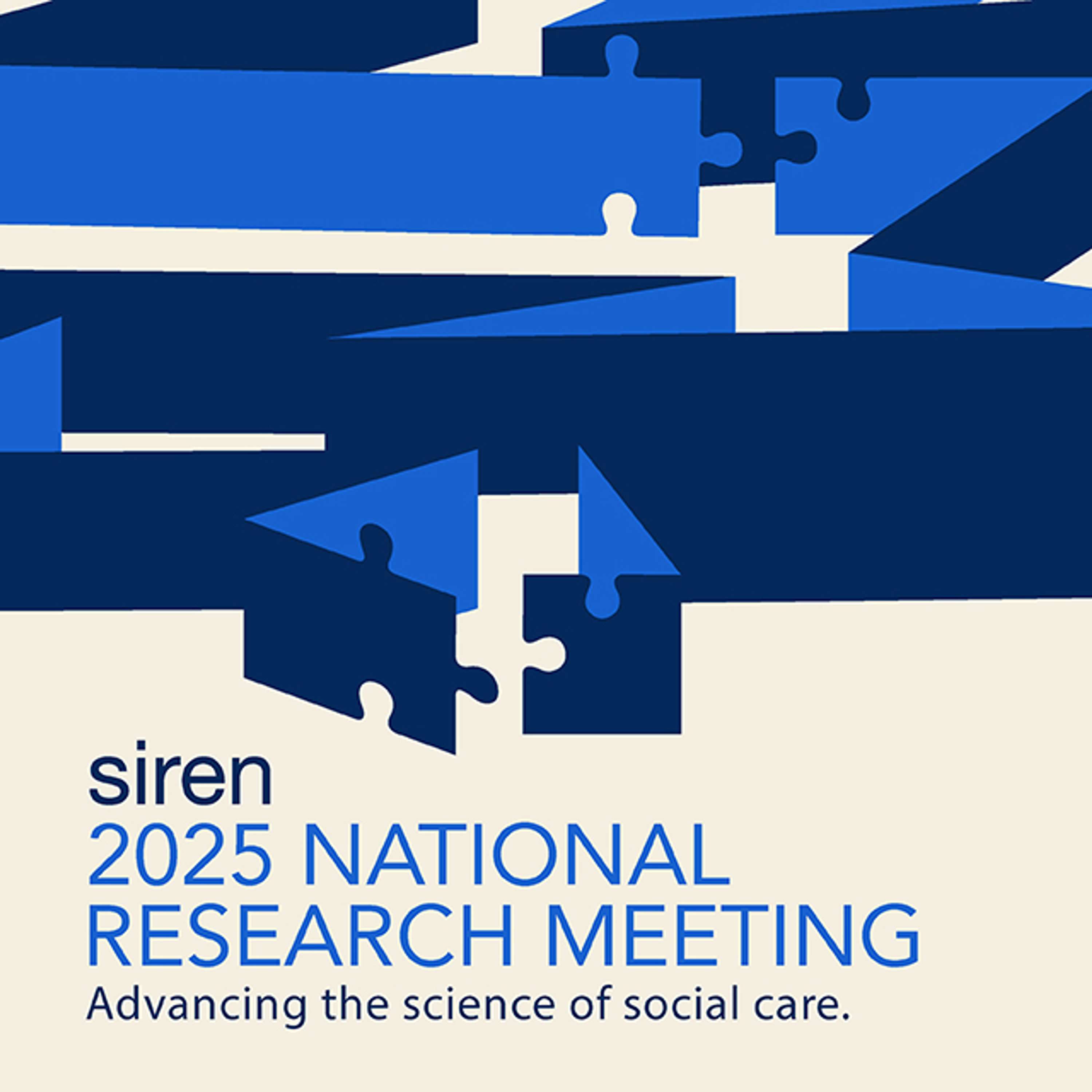
This plenary session held on February 3, 2025 at the SIREN 2025 National Research Meeting: Advancing the science of social care featured a discussion between moderator Anand Shah, Vice President of Social Health at Kaiser Permanente, and panelists Stuart Butler, Scholar in Residence of Economic Studies at The Brookings Institution, and Len Nichols, professor emeritus of Health Policy at George Mason University. (Note: Dr Nichols joined virtually.) The panel explored the rapidly shifting sands of social care policy under the new administration. Panelists shared lessons from other periods in the country’s past and offered suggestions for adapting to new practical realities wh...
Whose job is it, anyway? Exploring the ethics of healthcare's involvement in social care
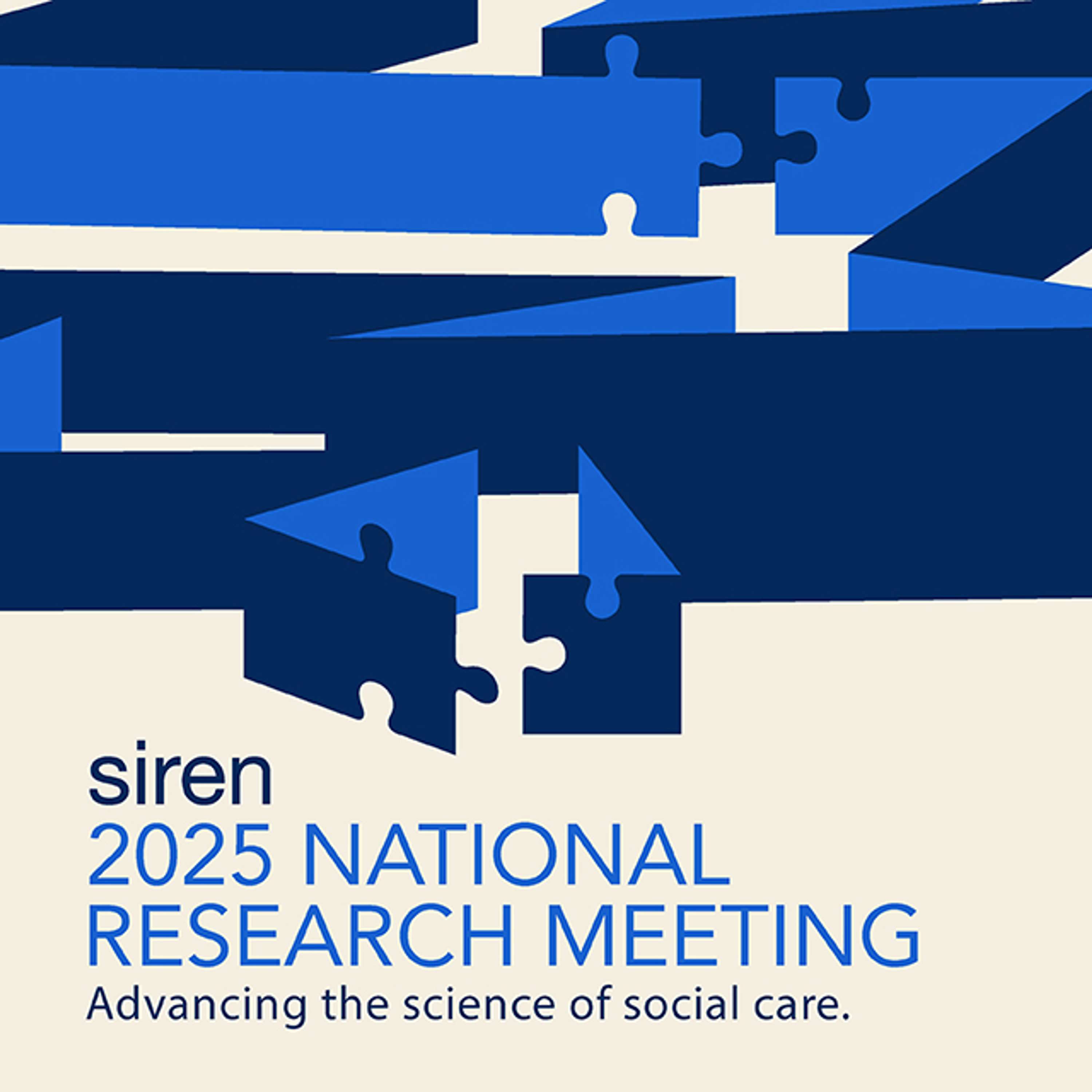
The opening plenary session on February 3, 2025 at the SIREN 2025 National Research Meeting: Advancing the science of social care, featured keynote speaker Lauren Taylor, an assistant professor in the Department of Population Health at NYU Grossman School of Medicine, where she is jointly appointed in the Division of Healthcare Delivery Science and the Division of Medical Ethics. In her talk, “Whose job is it, anyway? Exploring the ethics of health care's involvement in social care,” Dr. Taylor dove into the question of whether it is the responsibility of the health care sector to provide social care. She brought insights from ethi...
State Medicaid program requirements for community reinvestment: Will they improve health?
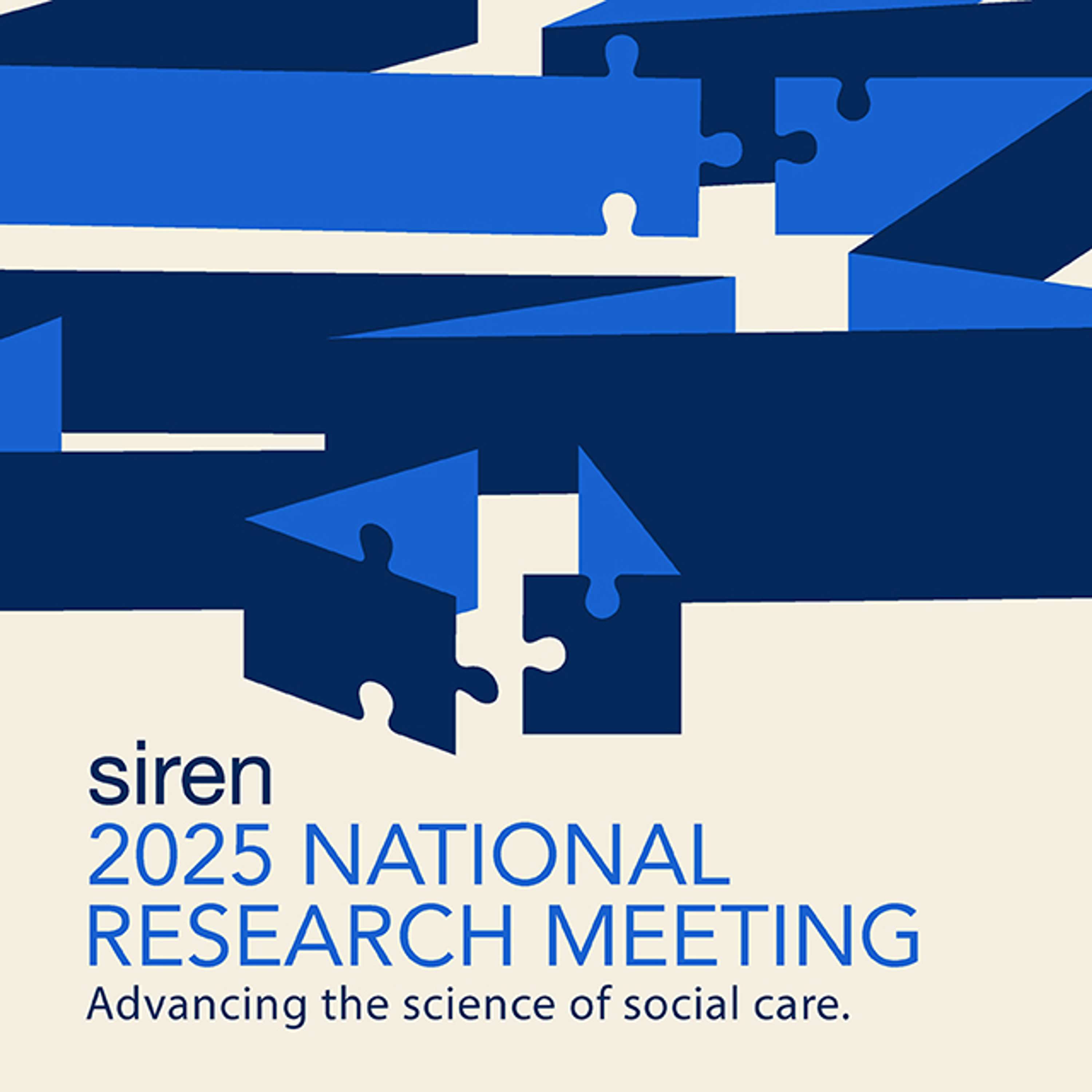
Medicaid community reinvestment requirements enable states to require or incentivize state contractors to reinvest in the communities they serve. State laws, waivers, and contracts that include community reinvestment provisions have specified reinvestments (using percentage of profits and/or performance measures) in community initiatives that align with the state’s key priorities, e.g., improving healthy food access. On January 14, 2025, the UCSF Social Interventions Research & Evaluation Network (SIREN) and the Center for Health Law & Policy Innovation of Harvard Law School hosted a webinar to learn more about these innovative approaches and planned evaluations from state Medicaid leaders and other population he...
Lessons from the Intimate Partner Violence Field: Moving beyond Surveillance and Screening toward Safety and Wellbeing: Part 2
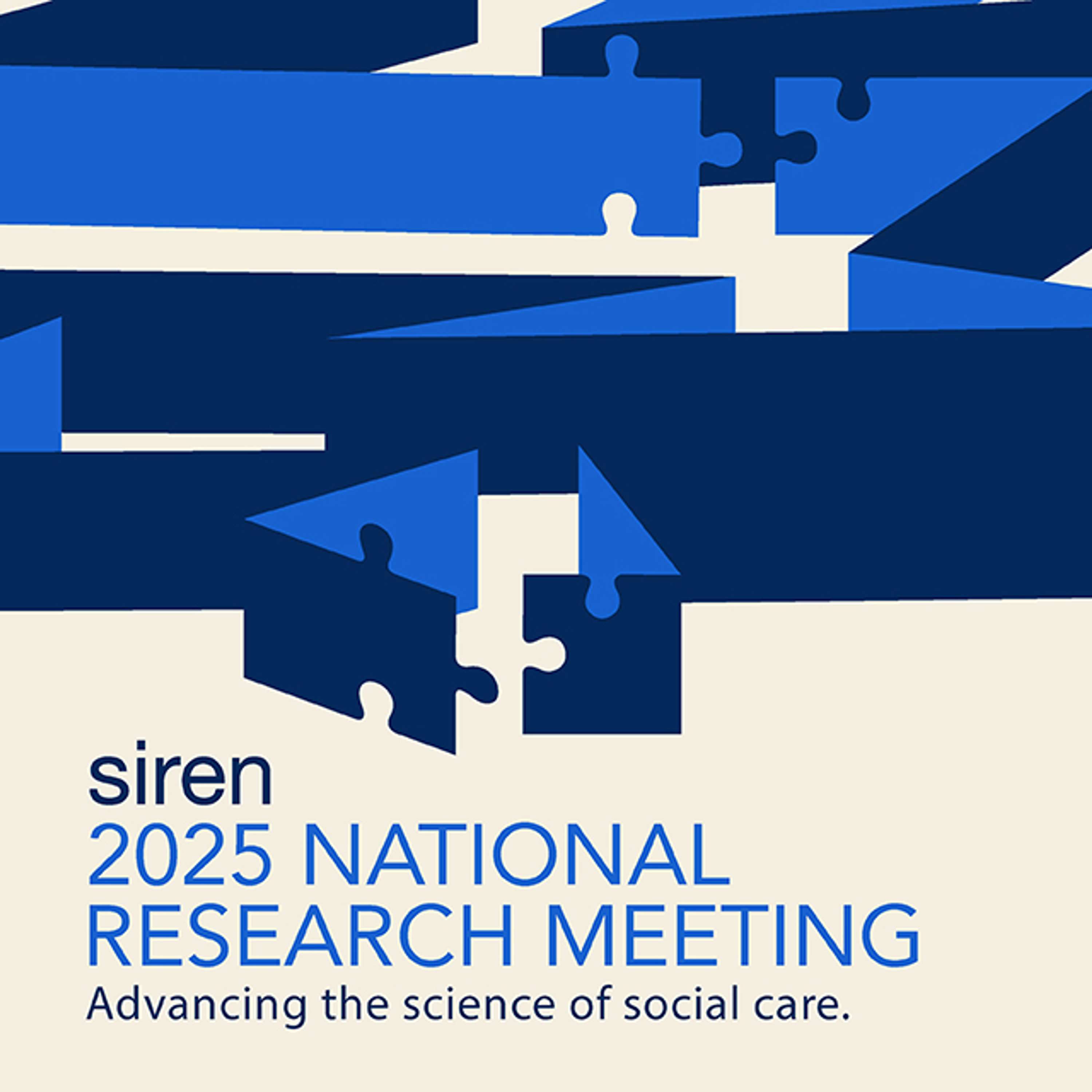
SIREN was excited to partner with Futures Without Violence on a two-part webinar series this season. In the second event held on December 5, 2024, speakers shared their lessons learned about sustainable and equitable approaches to documentation/coding and intervention, which are relevant not only to intimate partner violence but also to other social drivers of health.
This webinar is made possible with support from Blue Shield of California Foundation and Kaiser Permanente.
Lessons from the Intimate Partner Violence Field: Moving beyond Surveillance and Screening toward Safety and Wellbeing: Part 1
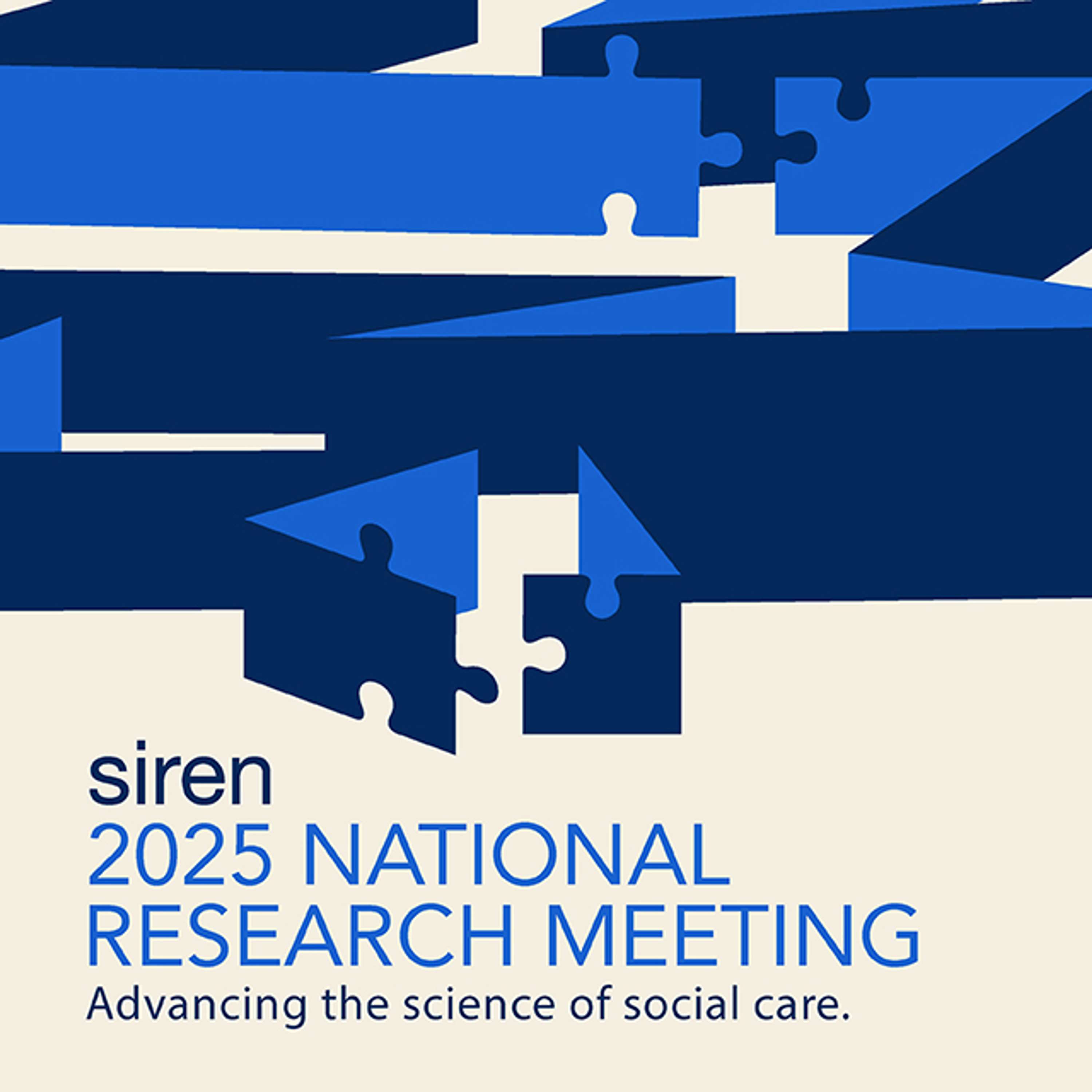
SIREN partnered with Futures Without Violence on a two-part webinar series this season. On November 5th, 2024 speakers discussed evidence-based and healing-centered approaches for responding to intimate partner violence and share strategies shown to enable and sustain meaningful partnerships with community-based programs.
This webinar was made possible through support from the Blue Shield of California Foundation and Kaiser Permanente.
Where should healthcare invest in food security interventions? Lessons from recent research
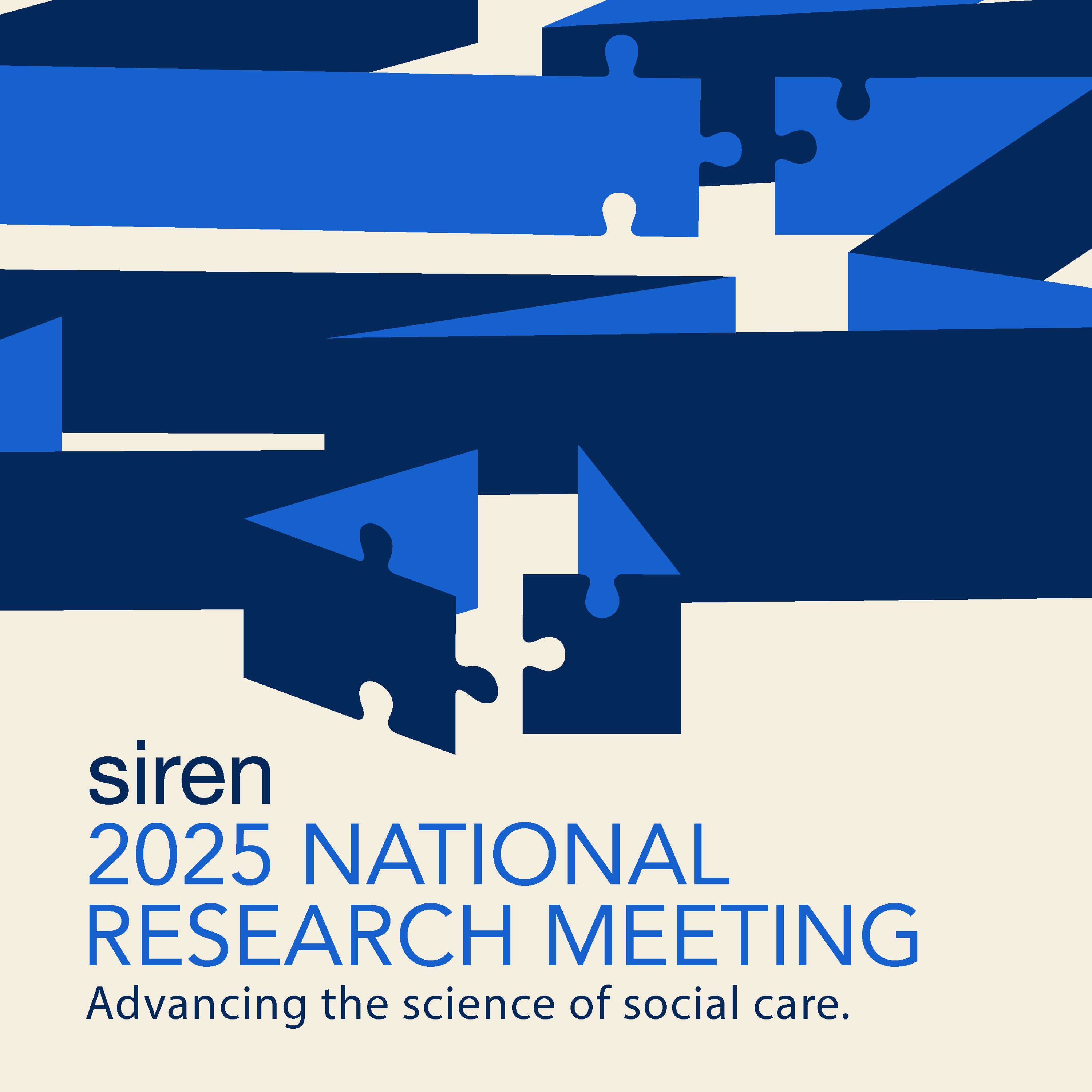
Evidence is mounting about the impacts of interventions such as medically tailored meals and produce prescriptions on diet-related health conditions, fueling interest in these interventions among healthcare organizations and payers. On June 5th at 9am PT/12pm ET we heard experts discuss the latest research in this area. Panelists included researchers Drs. Kurt Hager (UMass), Hilary Seligman (UCSF), and Ariana Thompson-Lastad (UCSF) in discussion with Dr. Monica Soni, Chief Medical Officer of Covered California.
Want to jump into the conversation? Join us at the Feb 2025 SIREN National Research Meeting: Advancing the Science of Social Care. L...
Consumer perspectives on the Camden Coalition care management RCT (Part 2 of 2)
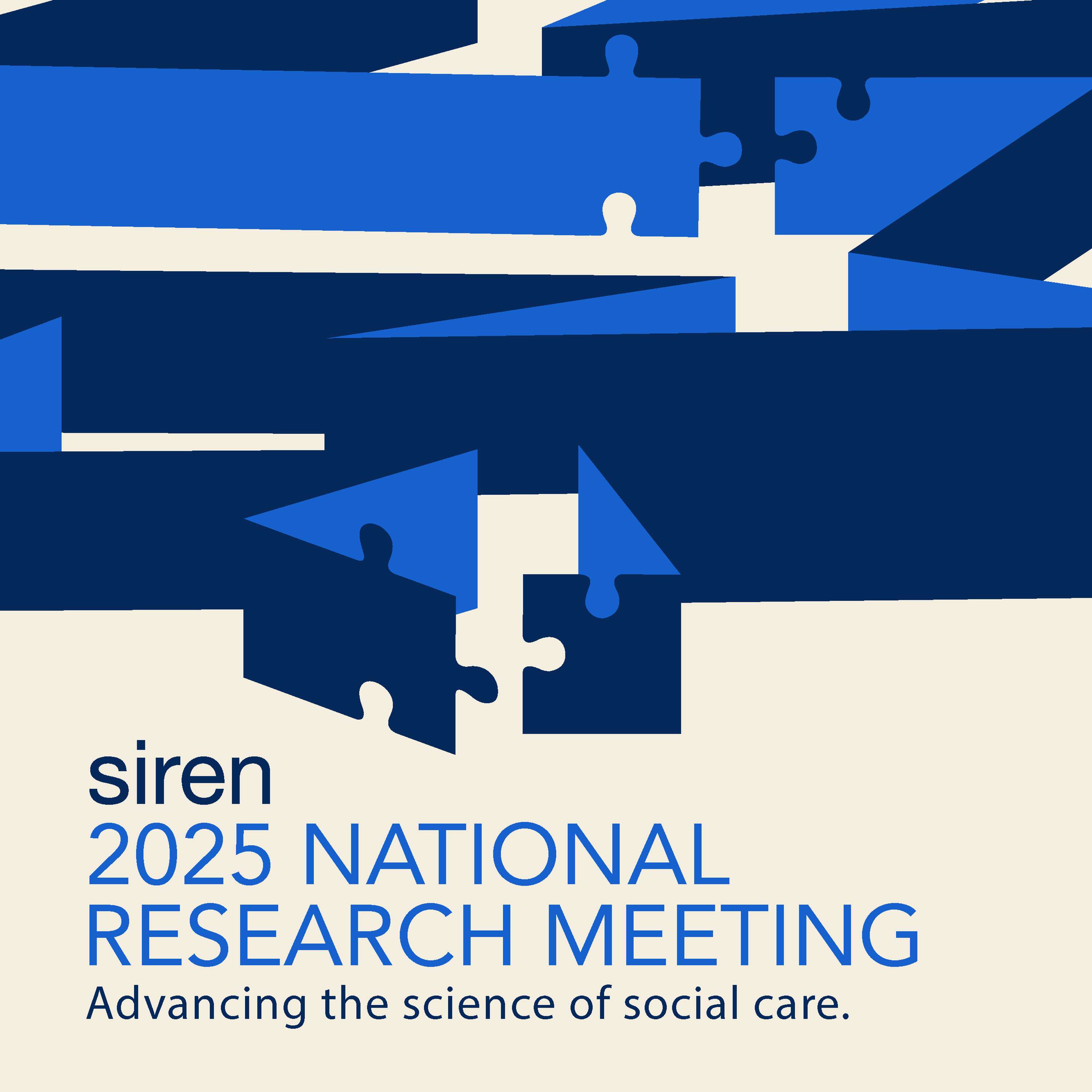
This is the second of a two-part webinar series on implications of the Camden Coalition’s RCT results.
In 2020, a major article on “healthcare hotspotting” may have caught your eye. The article described findings from our four-year, prospective, 800-person randomized evaluation of the Camden Core Model, an innovative and comprehensive approach to care coordination for patients with very high use of healthcare services. The study found no differences in hospital utilization between patients randomly assigned to the Camden Core Model and those who received usual care. In 2023, two secondary analyses were published looking at intervention dosage and engageme...
Lessons from the Camden Coalition's Care Management RCT (Part 1 of 2)
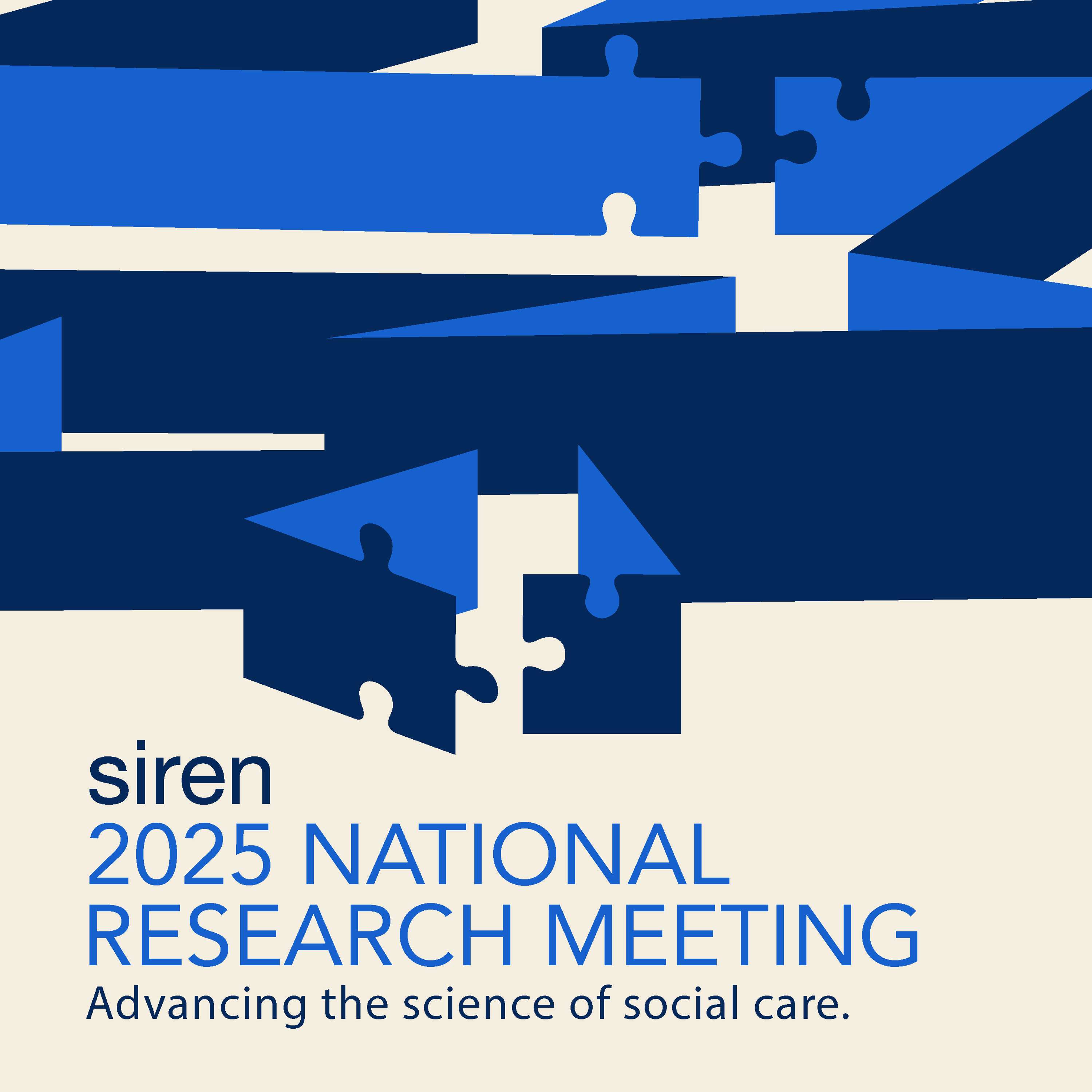
This is the first of a two-part webinar series on implications of the Camden Coalition’s RCT results.
In 2020, a major article on “healthcare hotspotting” may have caught your eye. It did ours! The article described findings from a four-year, prospective, 800-person randomized evaluation of the Camden Coalition’s Camden Core Model, an innovative and comprehensive approach to care coordination for patients with very high use of healthcare services. The study found no differences in hospital utilization between patients randomly assigned to the Camden Core Model and those who received usual care. In 2023, the Camden Coalition...
Organizational Dilemmas in Integrating Medical and Social Care to Improve Health Equity

On March 29, 2024, the Harvard Medical School Center for Bioethics convened a session of the Organizational Ethics Consortia Series on social care. Addressing health inequity generally requires attention to the most marginalized patients, whose health is often undermined by social, legal and financial challenges. In response, many health care delivery organizations have begun to collect data about health-related social needs and build organizational capacity to address these needs, either “in-house” or through partnerships with community-based organizations. This gives rise to challenging ethical questions:
How do we weigh the potential benefits and harms of screening for social needs? And what resp...New SIREN Social Care Conceptual Model
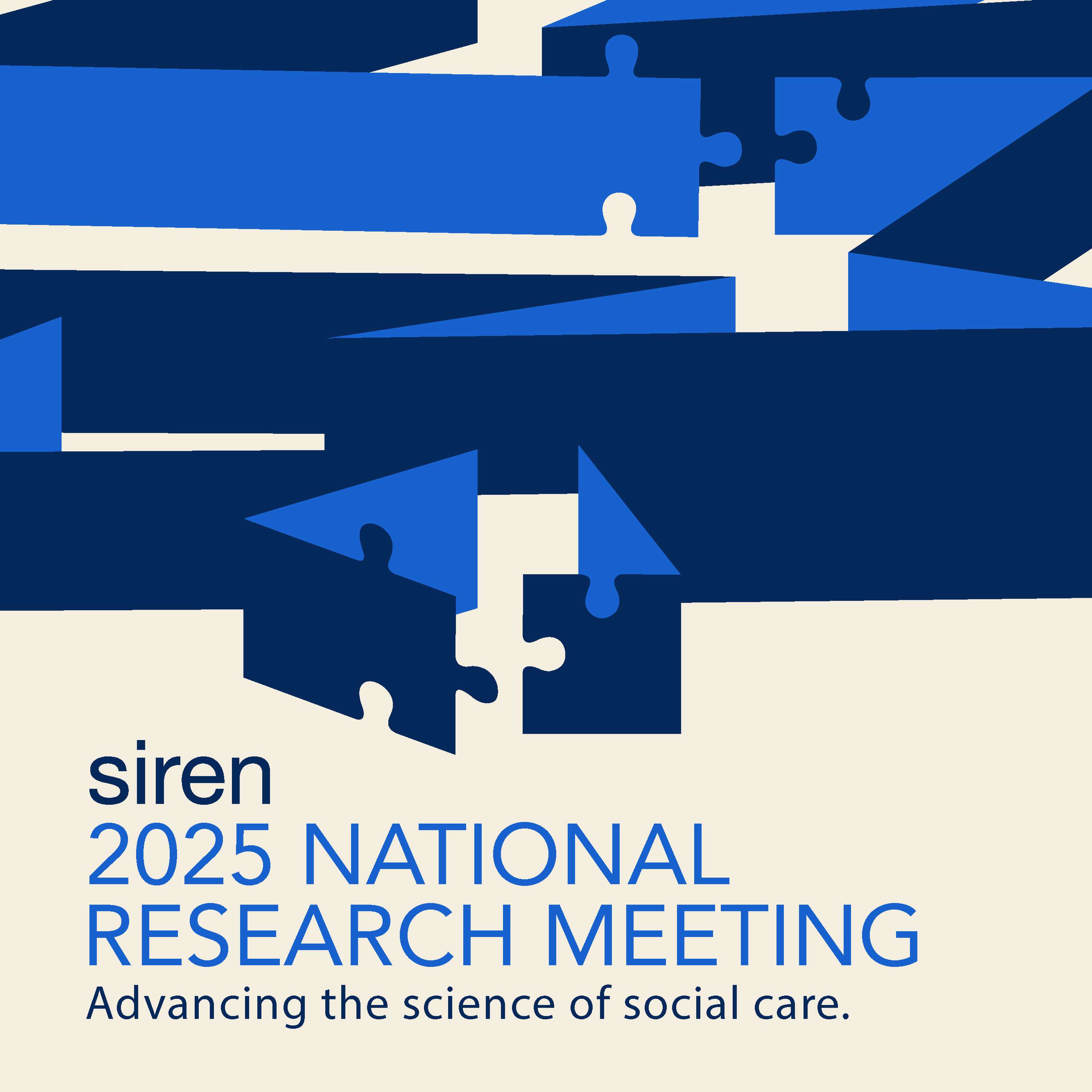
On Monday March 11th participants joined us for a conversation about the new SIREN Social Care Conceptual Model! Emerging evidence suggests that social care programs do not affect health solely by connecting patients with social services and reducing socioeconomic barriers. In a recent paperwe used this evidence to develop a model that depicts the multiple pathways through which social care interventions appear to operate. SIREN co-directors Laura Gottlieb, Danielle Hessler, and Caroline Fichtenberg discussed the new model and its implications for future program investments and evaluations.
Want to jump into the conversation? Join us at th...
What Should the Healthcare Sector’s Role Be in Addressing Adverse Social Drivers of Health?
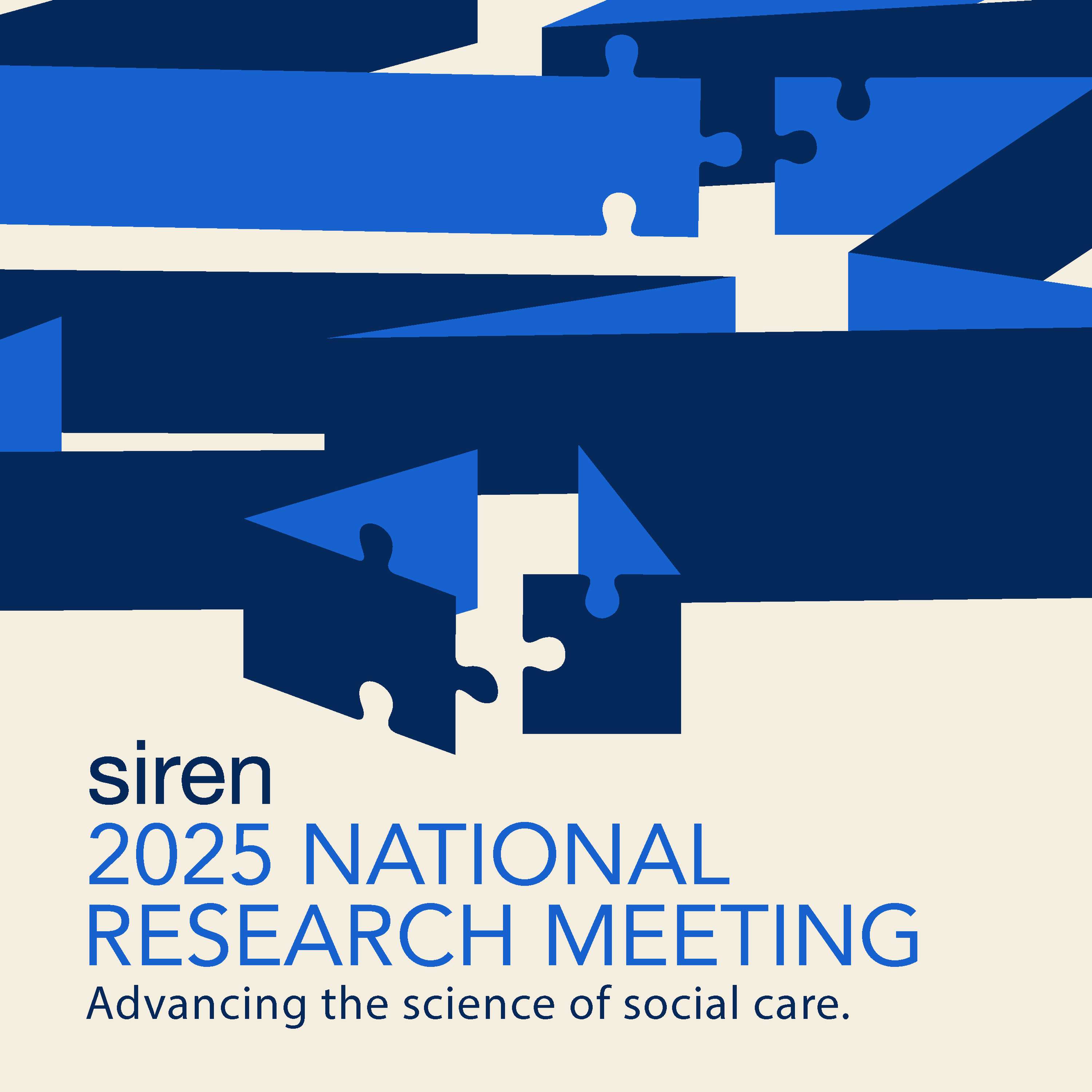
Although there is no question that adverse social circumstances negatively impact health and healthcare outcomes, it is not clear what the healthcare sector’s role should be in addressing these adverse social factors. On February 28, 2024, SIREN Co-Director Caroline Fichtenberg moderated a lively discussion with three thought-leaders on their perspectives on this important question:
Seth Berkowitz, MD, MPH, Associate Professor of Medicine, UNC School of Medicine Sherry Glied, PhD, MA, Dean and Professor of Public Service, NYU Wagner School of Public Service Stacy Lindau, MD, MA, Catherine Lindsay Dobson Professor of Obstetrics and Gynecology and Professor of Medicine, University of Ch...Lessons from Abolition Work in Other Sectors: What Can Social Care Learn?
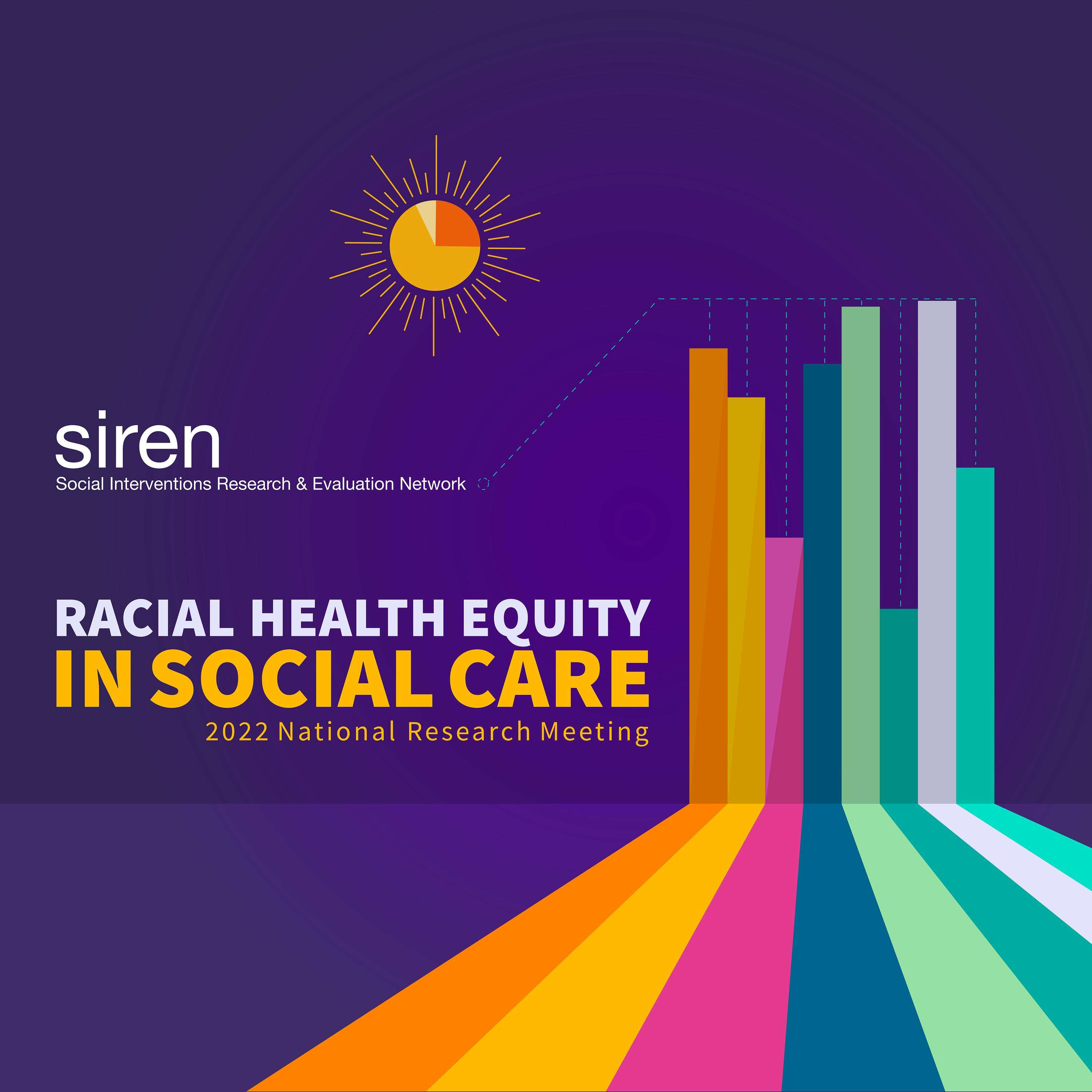
Social care practice and research are often inspired by intentions to advance health equity. However, social care is often planned and executed without a clear recognition of and confrontation with the racism, particularly anti-Black racism, that has led to existing inequities. While the legally-sanctioned enslavement of Black people in the United States was abolished in 1865, many of its aims have been perpetuated through residential segregation, the War on Drugs, and the school-to-prison pipeline, to name a few examples. The SIREN National Research Meeting kicked off on September 15, 2022 with a challenge to our moral imagination: In what ways would social...
Two Poems for Poetic Health Justice: Poetry as Praxis for an Antiracist and Decolonized Future of ‘Radical Possibility’
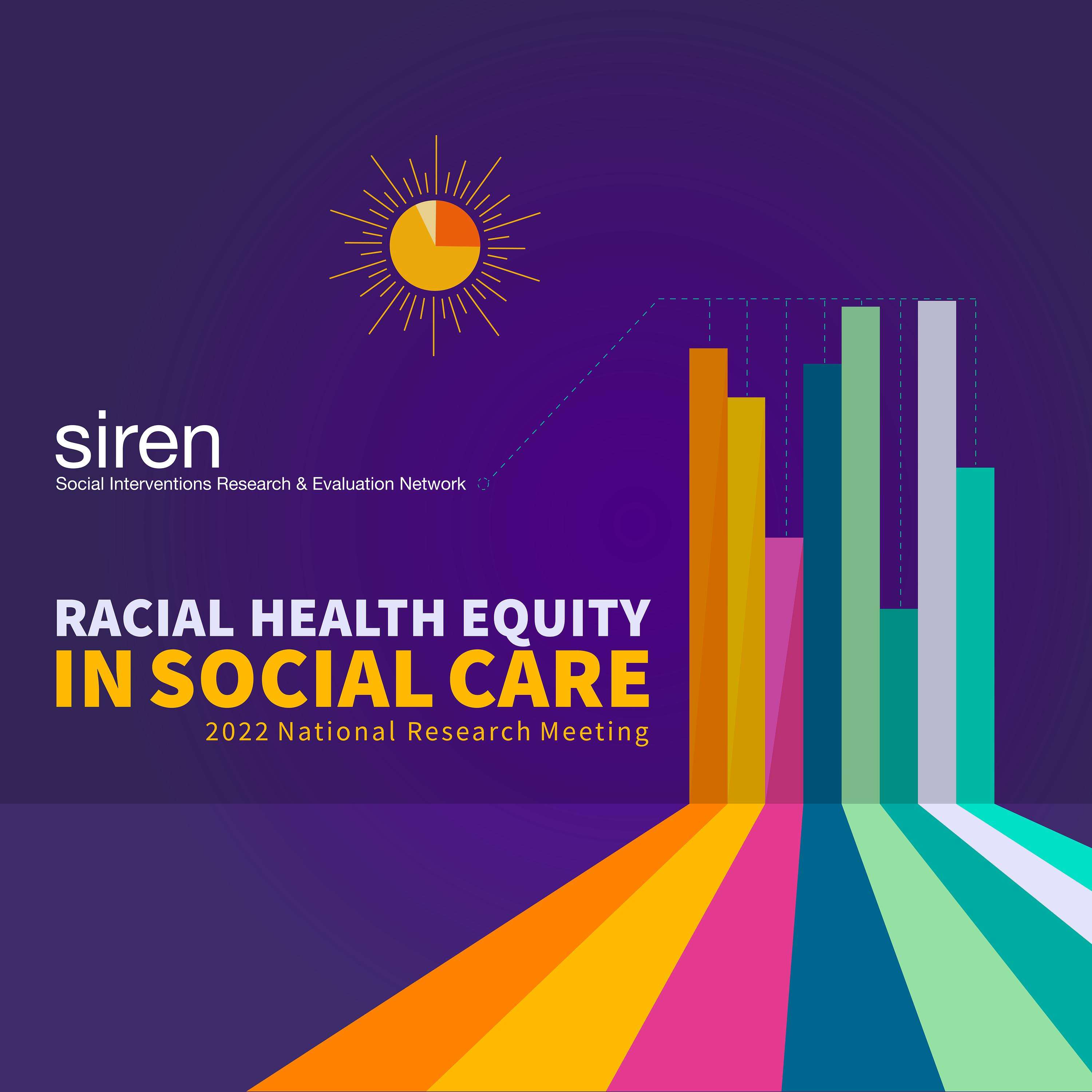
Health research remains ensconced in a heavily positivist, reductionist, settler-colonial, racial-capitalist “ritual” of knowledge extractivism and expropriation wherein credentialed researchers mine marginalized communities for data to (re)package and (re)distribute as their (our) own knowledge. Much of this work has focused on racial health inequities while, curiously, leaving unexamined matters of positionality, epistemic equity, and procedural justice in the production and curation of knowledges/narratives about racialized subjects (here, perhaps better described as “objects”). In the US, this production is dominated and curated mostly by White scholars—from tenure-track faculty positions, to funding review panels, to editorial boards, to peer-re...
Measuring Racial Health Equity in Social Care Research
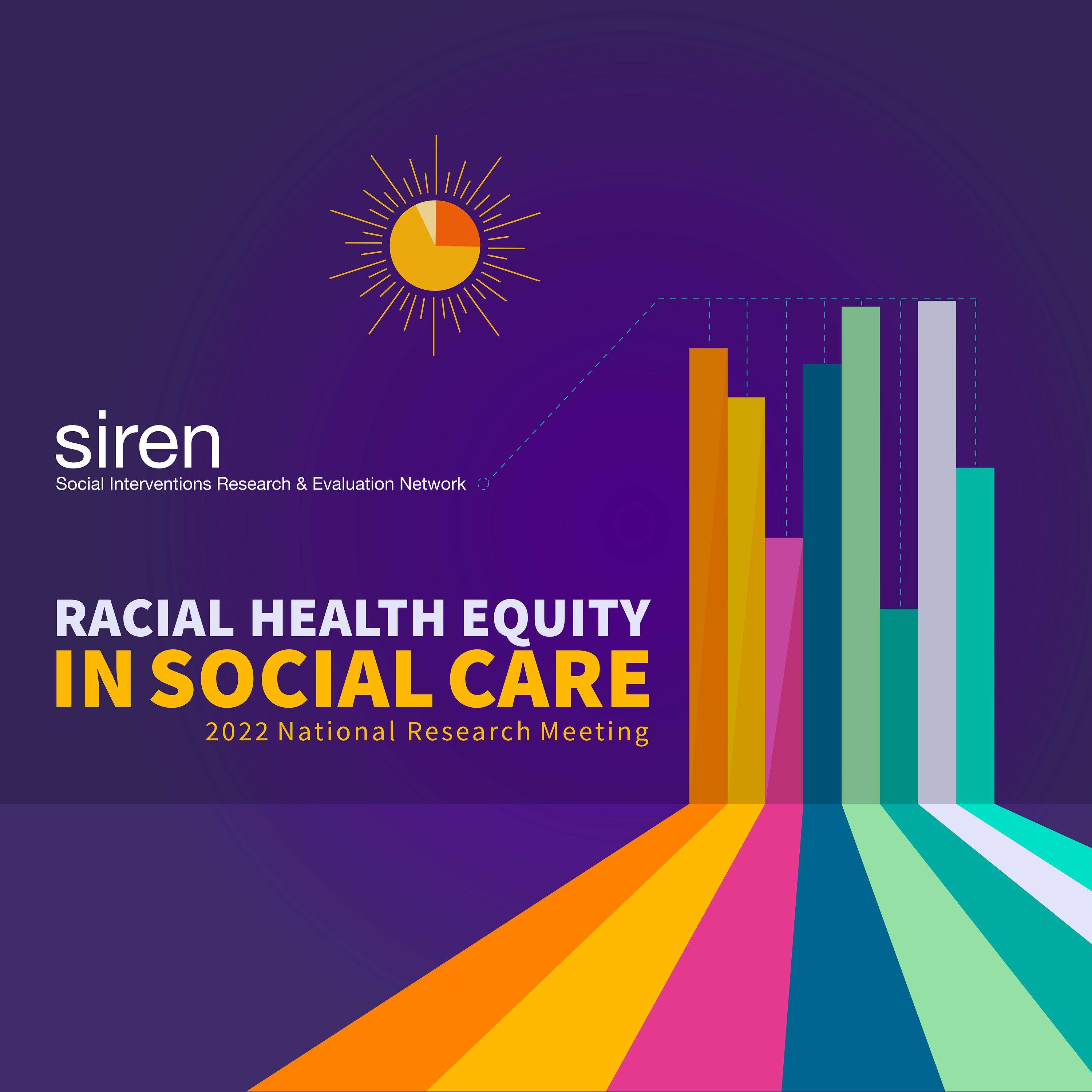
Each year an increasing number of original research articles are published about healthcare-based social care programs and policies. However, relatively few of these studies measure the impact of social care interventions on different racial or ethnic minority groups. More information about differential impacts could help to improve the implementation – and ideally the impacts – of social care. During the SIREN 2022 National Research Meeting: Racial Health Equity in Social Care, physician scientists Crystal Cené and Monica Peek briefly shared findings from a recent review they co-led, funded by the Patient Centered Outcomes Research Institute (PCORI), which involved a collaboration with researchers from...
Actions Speak Louder: Fulfilling Social Care’s Racial Health Equity Potential
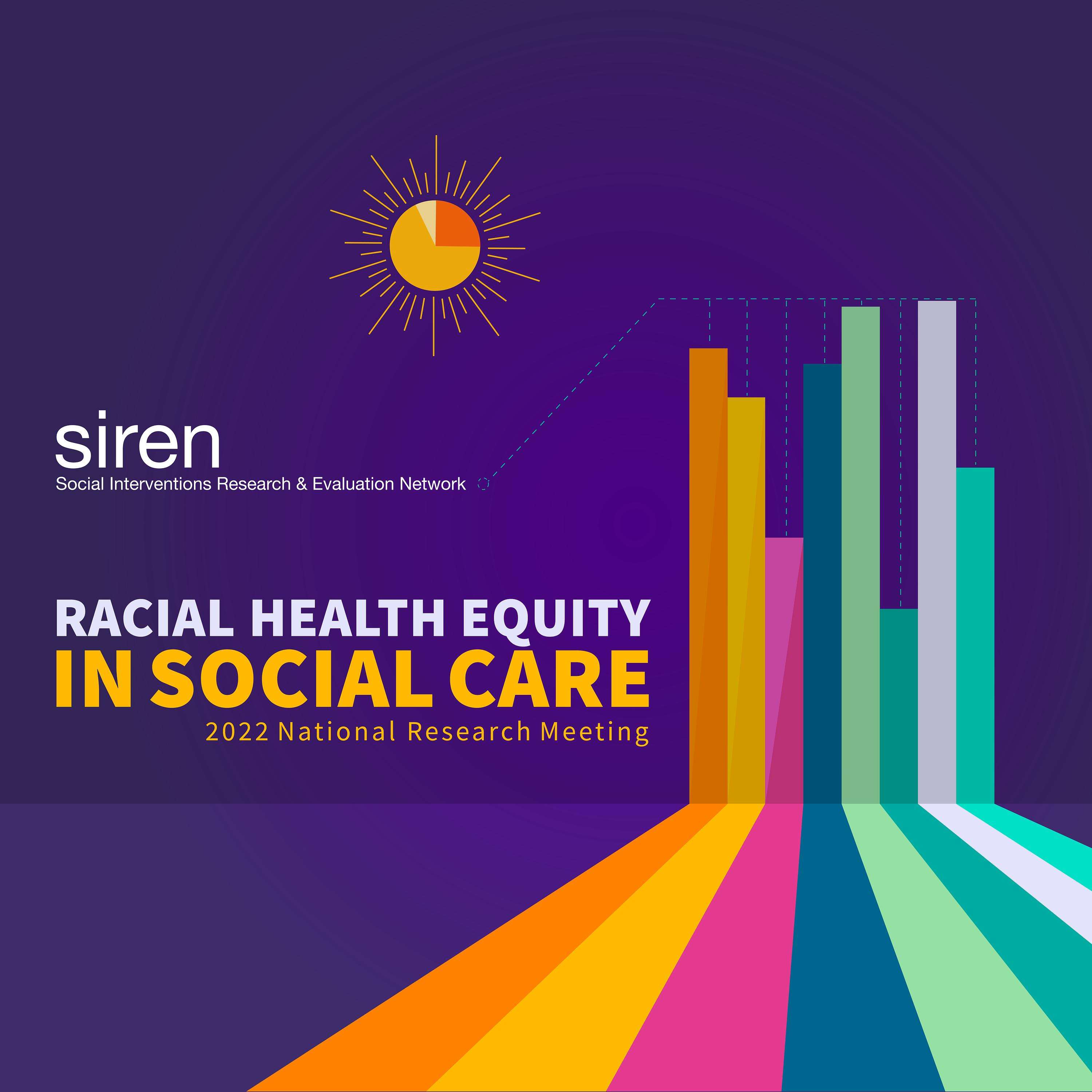
The final panel at the SIREN 2022 National Research Meeting: Racial Health Equity in Social Care featured four Experts by Experience (Lisa Hamlett, Mike McNear, Ann Reynoso, and Stephanie Walker) as they reflected on their takeaways from the meeting, expressed what was most important to them, and pointed out opportunities for more research and action. The goal of this session was for participants to leave the SIREN National Research Meeting feeling grounded in what mattered to patients with lived experience of racism and socioeconomic challenges, fired up about working in ways that actively promote racial health equity, and focused on...
Patient and Caregiver Perspectives on Social Screening in Healthcare Settings

In this episode, Sarah Coombs, the director for health system transformation at the National Partnership for Women & Families, and Janice Tufte, an active patient partner in research, evidence generation, measurement, and care improvement, discuss their reactions to the patient and patient caregiver perspectives section of the State of the Science on Social Screening in Healthcare Settings.
To read the SIREN social screening report and a bevy of related resources, visit the SCREEN Report webpage.
References
Cochrane Consumer - Essentials Training: https://training.cochrane.org/essentials National Center for Complex Care and Soc...Implementation Research on Social Screening in Healthcare Settings

In this episode, we are joined by Cherelle Vanbrakle, MEd, the Director of Health Promotion and Community Advocacy at People’s Community Clinic based in Austin, TX, and Andrea Nederveld, MD, MPH, an Assistant Professor in the Department of Family Medicine at the University of Colorado, to discuss the state of the science about the implementation of social screening in healthcare settings.
To read the SIREN social screening report and a bevy of related resources, visit the SCREEN Report webpage.
People’s Community Clinic: https://www.austinpcc.org/about-us-2/
Resear...
Asset-Based Screening in Healthcare Settings

In this episode, we are joined by Jaedon Avey, Health Program Analyst, and L’aakaw Eesh Kyle Wark, Researcher, both of whom are from the Southcentral Foundation in Anchorage Alaska, a non-profit, tribally owned and operated healthcare organization serving 65,000 Alaska Native/American Indian peoples in urban and rural communities across over 100,000 square miles of Southcentral Alaska. Emilia De Marchis talks with Jaedon and L’aakaw about screening for patient assets – not just risks – in healthcare settings.
To read the SIREN social screening report and a bevy of related resources, visit the SCREEN Report webpage.
Disclosu...
Prevalence of Social Screening in Healthcare Settings

SIREN Senior Research Associate Yuri Cartier, MPH, sits down with Kalpana Ramiah, DrPH, MSc, CPH, Vice President of Vice President of Innovation at America’s Essential Hospitals and Director of the Essential Hospitals to discuss SIREN’s recent review of surveys measuring the prevalence of social screening activity in different health care settings in the United States. Dr. Ramiah shares how the review’s findings can be used by essential hospitals, and what other considerations and challenges remain top of mind for her as we head into an era of increased policy incentives and requirements around social screening.
Provider Perspectives on Social Screening in Healthcare Settings

In this episode, Andy Quiñones-Rivera, MD, MPH, an ER resident physician with LA county is joined by Loel Solomon, MPP, PhD, a Professor of Health Systems Science at the Kaiser Permanente School of Medicine and former Vice President for Community Health at Kaiser Permanente. The two explore the evolution of healthcare providers’ perspectives on social screening and what this means for the future of social care practice. Their discussion also begins re-imagining the roles and responsibilities of healthcare systems around social care activities like social screening.
To read the SIREN social screening report and a be...
SIREN Coffee & Science Wrap Party

On December 3rd, 2021, SIREN organized a special closing event (insert tears) for the 2021 Coffee & Science series. Special guests Bethany Hamilton, JD, and Kelly Doran, MD, shared their own takeaways from the series and asked participants to share favorite episodes and raise big-picture questions about how social care research can be used to move the needle on policy and practice.
Reminder! Please let us know what you thought of Coffee & Science and your ideas for SIREN’s 2022 National Research Meeting: https://ucsf.co1.qualtrics.com/jfe/form/SV_7Otc9vpAIr8G9cW
Voices you...
Why and How a Health Center Created a Social Enterprise

This episode features a conversation between Damon Francis, MD, Medical Director of the Homeless Health Center in the Alameda Health System as well as Chief Clinical Officer of Health Leads, and Noha Aboelata, MD, Chief Executive Officer and co-founder of the Roots Community Health Center in Oakland, California. This is the last in a series of six Coffee & Science events on topics related to Alignment and Advocacy, which are both about what health care can do at the community level to address social conditions. This conversation takes a deep dive into Clean 360, an innovative social enterprise launched by Roots...
Using Procurement to Support Sustainable Local Food Systems

This episode features a conversation between Nessia Berner Wong, MPH, Senior Policy Analyst at Change Lab Solutions, and Lauren Poor, MPH, a Regional Program Manager with the Healthy Food in Health Care program at Health Care Without Harm. This is the fifth in a series of six Coffee & Science events on topics related to Alignment and Advocacy, which are both about what health care can do at the community level to address social conditions. This conversation explores Healthcare without Harm’s Anchors in Resilient Communities initiative and how health care organizations can support sustainable food procurement and employment opportunities.
<...Taking Action on Housing as a Political Determinant of Health

This episode features a conversation between Bich Ha Pham, JD, the Director of Communications and Policy at the Healthcare Anchor Network, and Mike Koprowski, MA, Ed.M, who is the National Campaign Director at the National Low Income Housing Coalition. This is the fourth in a series of six Coffee & Science events on topics related to Alignment and Advocacy, which are the last two “A”s of the National Academy of Medicine’s framework that SIREN has used to organize Coffee & Science. Alignment and Advocacy are both about what health care can do at the community level to address social...
Community-Hospital Collaborations to Improve Neighborhoods

This episode features a conversation between Kelly Kelleher, a pediatrician and Vice President for Community Health and Community Health Services Research at Nationwide Children’s Hospital, and Reverend John Edgar, who is the Executive Director and Pastor Emeritus at United Methodist Church & Community Development for All People. This is the third in a series of six Coffee & Science events on topics related to Alignment and Advocacy, which are the last two “A”s of the National Academy of Medicine’s framework that SIREN has used to organize Coffee & Science. Alignment and Advocacy are both about what health care can do at th...
The Health Care Anchor Model

This episode features a conversation between Wylie Liu, MPH, MPA, Executive Director of the Center for Community Engagement at the University of California, San Francisco, and Darlene Oliver Hightower, JD, Vice President, Community Health Equity at Rush University Medical Center. This is the second in a series of six Coffee & Science events on topics related to Alignment and Advocacy, which are the last two “A”s of the National Academy of Medicine’s framework that SIREN’s used to organize Coffee & Science. Alignment and Advocacy are both about what health care can do at the community level to address social c...
Clinic-Based Community Organizing to Improve Health Equity

This episode features a conversation between two health center-based community organizers: Hilary Mar Lopez Nichols, from Oregon Health Sciences University Family Medicine Clinic at Richmond, and Toffer Lehnherr, from Partnership Health Center in Missoula, Montana. This is the first in a series of six Coffee & Science events on topics related to Alignment and Advocacy, which are the last two “A”s of the National Academy of Medicine’s framework that SIREN’s used to organize Coffee & Science. Alignment and Advocacy are both about what health care can do at the community level to address social needs. In this conversation, Hilary an...
Are Real Time Pharmacy Benefits Tools Actually Social Care Adjustments?

This episode features a conversation between Emmy Ganos, PhD, Senior Program Officer at the Robert Wood Johnson Foundation and Stacie Dusetzina, PhD, Associate Professor of Health Policy and Ingram Associate Professor of Cancer Research at Vanderbilt University Medical Center. This session is the last of four talks focused on health care sector efforts to Adjust clinical care based on information about patients’ social circumstances. In this conversation, Emmy and Stacie dive into the implications of real-time pharmacy benefit tools and explore what we know about patient and provider preferences when it comes to conversations about medication costs.
The Promise and Pitfalls of Adjusting Care to Context

This episode features a conversation between Kedar Mate, MD, President and CEO of the Institute for Healthcare Improvement and Saul Weiner, MD, Professor of Medicine, Pediatrics and Medical Education, Director of the Clinical Leaders and Academic Scholars Fellowship at the University of Illinois at Chicago, and Deputy Director of the Center of Innovation for Complex Chronic Health Care at the Veterans Health Administration. This session is the third of four talks focused on health care sector efforts to Adjust clinical care based on information about patients’ social circumstances. In this conversation, Kedar and Saul explore the intersection of social ca...
Opportunities for Informatics to Inform Social Care Adjustment Strategies

This episode features a conversation between Julia Adler-Milstein, Professor of Medicine and Director of the Center for Clinical Informatics and Improvement Research at the University of California, San Francisco and Tiffany Veinot, Professor of Health Behavior and Health Education cross-appointed at the School of Information and School of Public Health at the University of Michigan. This session is second of four talks focused on health care sector efforts to Adjust clinical care based on information about patients’ social circumstances. In this conversation, Julia and Tiffany explore the emerging discipline of social care informatics and ways informatics can support care ad...
Using Clinical Decision Support Tools to Contextualize Care

This episode features a conversation between Danielle Hessler Jones, PhD, SIREN investigator and Professor in the Department of Family and Community Medicine at the University of California, San Francisco and Rachel Gold, PhD, MPH, an investigator at the Kaiser Permanente Northwest Center for Health Research and Lead Research Scientist at the OCHIN community health information network. This session is the first of four talks focused on health care sector efforts to Adjust clinical care based on information about patients’ social circumstances. In this conversation, Danielle and Rachel define Adjustment and explore research on the use of clinical decision support to...
Delivering Social Care in the Virtual Frontier

This episode features a conversation between Tamara J. Cadet, PhD, LICSW, MPH, an Associate Professor at the Simmons School of Social Work and faculty at the Harvard School of Dental Medicine in Oral Health Policy and Epidemiology, and Bonnie Ewald, MA, the Associate Director of the Center for Health and Social Care Integration and Program Manager of Strategic Development and Policy for Rush University Medical Center’s Social Work and Community Health Department. This session is the sixth and final talk focused on health care sector efforts to provide patients with social service Assistance. In this conversation, Tammy and Bo...
Should Community Resource Referral Platforms be a Public Good?

This episode features a conversation between Lauren Taylor, PhD, MDiv, MPH, a postdoctoral scholar at NYU School of Medicine, and Kelly Cronin, MPH, MS, Deputy Administrator, Innovation and Partnership at HHS Administration for Community Living. This session is the fifth in a series focused on health care sector efforts to provide Assistance to patients to reduce their social risks. In this conversation, Lauren and Kelly explore pressing questions surrounding the governance and interoperability of software platforms marketed to health care systems and designed to streamline information about and connection to community resources to address social needs.
Evaluation of the Accountable Health Communities Model

This episode features a conversation between Lucia Rojas-Smith, DrPH, MPH, Director of the Center for Community Health Evaluation and Economic Research at RTI and Shannon O’Connor, PhD, MS, MA, a social science research analyst at the Center for Medicare and Medicaid Innovation. This session is the fourth in a series focused on health care sector efforts to provide Assistance to patients to reduce their social risks. Drs. Rojas-Smith and O’Connor discussed findings from the Accountable Health Communities (AHC) Model’s first annual report.
Recommended references:
Accountable Health Communities (AHC) Model Evaluation. First E...Global Lessons on Addressing Social Isolation and Loneliness

This episode features a conversation between Reginald Williams II, Vice President of International Health Policy and Practice Innovations at the Commonwealth Fund, and Matt Pantell, MD, MS, a pediatric hospitalist, assistant professor of pediatrics at UCSF, and SIREN researcher. This session is the third in a series focused on health care sector efforts to provide Assistance to patients to reduce their social risks. Reggie and Matt define social isolation and loneliness and explore different approaches used in the UK, Norway, and elsewhere to mitigate loneliness and social isolation.
Recommended references:
Tung E, De...Challenging Racist Systems, Processes, and Analyses in Social Care

This episode features a conversation between Megan Sandel, MD, MPH, an associate professor of pediatrics at the Boston University Schools of Medicine and Public Health and co-lead principal investigator with Children’s Health Watch, and Rhea Boyd, MD, MPH, a pediatrician, public health advocate, and scholar who is the Director of Equity and Justice for The California Children’s Trust and most recently, co-developed THE CONVERSATION: Between Us, About Us, a national campaign to bring information about the COVID vaccines directly to Black communities. This session is the second in a series focused on health care sector efforts to prov...
Community Health Workers and Social Care Integration

This episode is the first in a set of six Coffee and Science conversations on Assistance—health care sector activities that aim to reduce social risk by providing or linking patients with relevant social services. Nadia Islam, PhD, an associate professor in the Department of Population Health at NYU Langone, speaks with Maria Lemus, the executive director of Visión y Compromiso, an organization created and led by promotores that supports work to improve both individual and community wellbeing. Nadia and Maria explore the potential risks and benefits of formalizing roles for community health workers and promotores in the hea...
Bonus Episode: Awareness Afterparty

This bonus episode is a special addendum to the first five episodes, which all focused on health care sector efforts to increase Awareness about both patient and community-level social conditions. Laura Gottlieb, MD, MPH, SIREN Director and Associate Professor of Family and Community Medicine at UCSF chats with SIREN Advisor Eric Fleegler, MD, MPH, Assistant Professor of Pediatrics and Emergency Medicine at Harvard Medical School and pediatric emergency physician at Boston Children’s Hospital. They and other participants in the lively Zoom meeting brought up questions such as:
What’s changed in the last 13 years with clinic-based social risk...Social Risks vs. Social Needs: Assessing Patients' Interest in Assistance

This episode is the final in a series of five conversations focused on health care sector efforts to increase Awareness about both patient and community-level social conditions. Minal Patel, PhD, MPH, an associate professor of health behavior and health education at the University of Michigan School of Public Health, speaks with Emilia De Marchis, MD, MAS, an assistant professor in the Department of Family and Community Medicine at the University of California San Francisco, a family physician, and a member of the SIREN research team. Minal and Emilia explore a wide range of reasons why patients who screen positive...
Building Accountability for Social Risk Screening into State Medicaid Programs

Sarah DeSilvey, DNP, FNP-C, social determinants of health clinical informatics director of the Gravity Project and faculty at the University of Vermont Larner College of Medicine speaks with Michael Bailit, MBA, founder of Bailit Health, a consulting firm dedicated to ensuring insurer and provider performance accountability. This conversation is the fourth in a series focused on health care sector efforts to increase Awareness about both patient and community-level social conditions. Sarah and Michael share design considerations from state Medicaid agencies weighing the use of quality measures for social risk screening.
Recommended references:
Bailit...